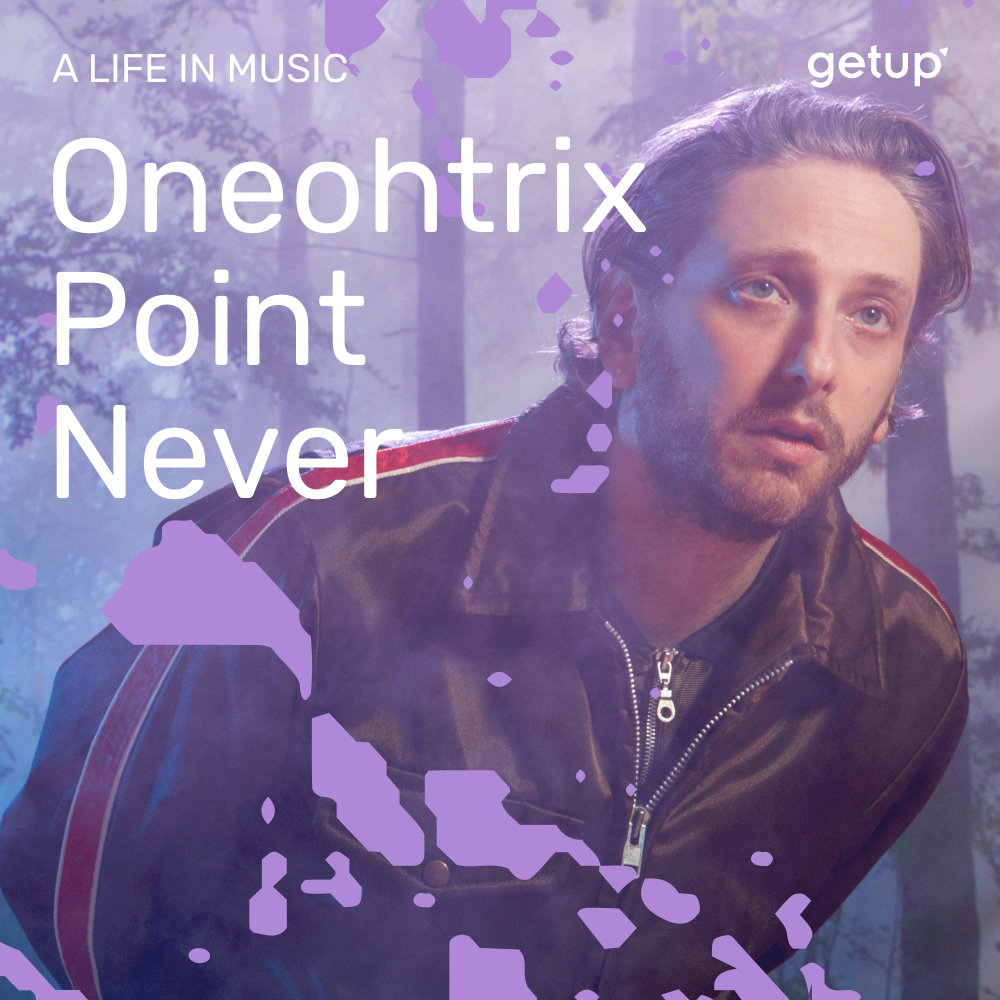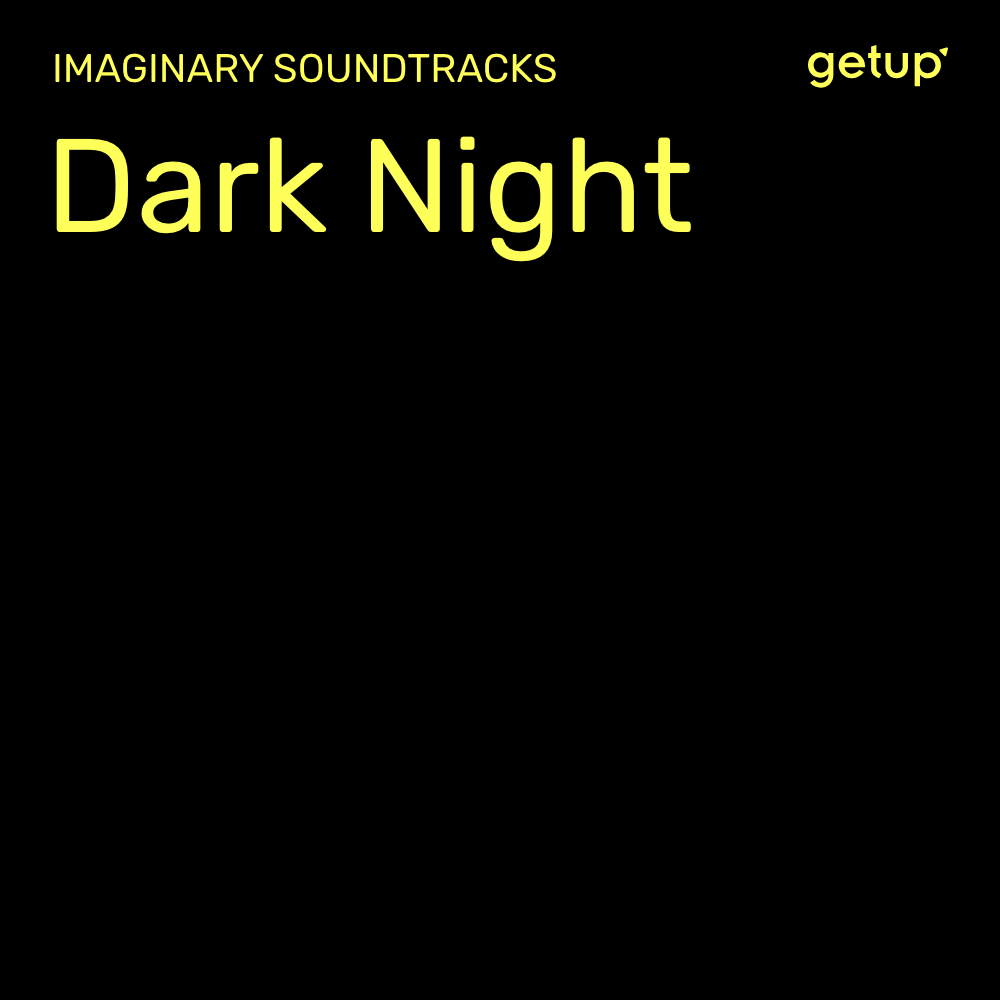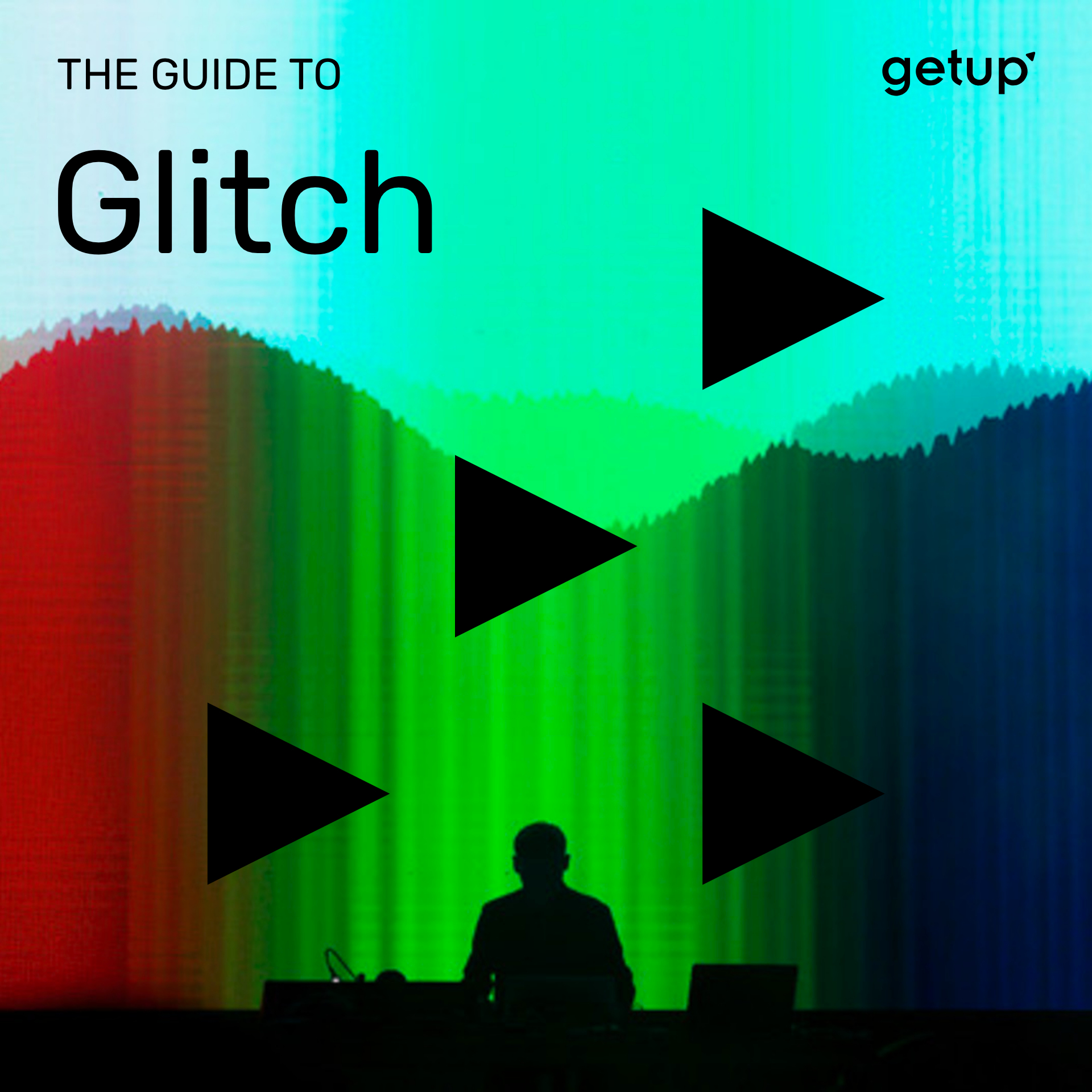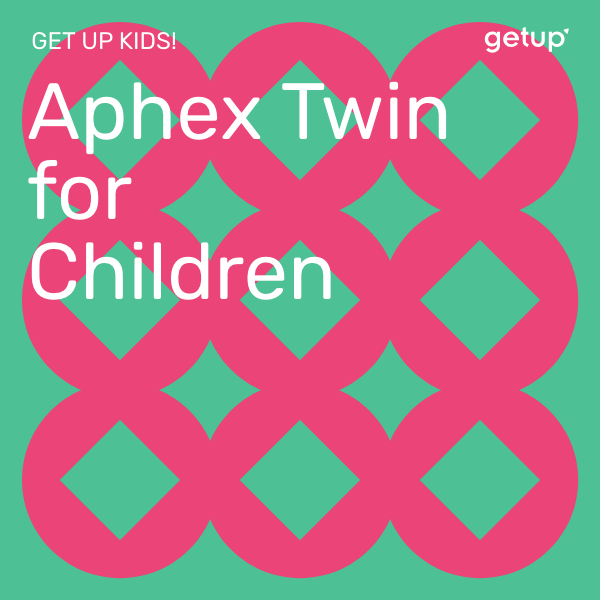Though he’s rarely heard on the radio, his pseudonym as an artist is a play on words with 106.7 (one oh six point seven), the frequency of a Boston FM radio station. A sign that, despite the serious and cerebral nature of his work, Oneohtrix Point Never has a funny side. This side also comes out when we consider the way in which he’s taken a step back from the forty years of electronic music that has preceded him. Did this genre still have something new to offer, when the computer had not only democratised production but also helped to standardise it? For the Brooklyn-based musician, who mixes samples, synthes and digital tools, and whose approach to his work is more that of a researcher than an archaeologist, the answer was a resounding yes.
It was during his studies in his native Massachusetts that Daniel Lopatin came to music. From his father he picked up a fine collection of jazz records and, most importantly of all, a Roland Juno 60 synthesizer – an expensive instrument that was crucial to the pop sound of the 80’s, from Billy Idol to the Eurythmics, and then adopted by Chicago house music.
Having refined his skills in his bedroom and with several different groups, Lopatin moved to New York after graduation. There he met his classmate Joel Ford with whom he formed the duo Games, whose name they changed to Ford & Lopatin after a debut EP. Released in June 2011, their album Channel Pressure is a concentrated celebration of the pair’s multiple influences, particularly those of Lopatin. The compositions begin with jazz themes over which both experiment with electro-pop, ambient and video game music. Everything is home-made and pop-song formatted, with Ford’s self-tuning voice adding an RnB feel, almost as if born of artificial intelligence. It’s not of course; the creation is entirely a human one. Although we perhaps didn’t realise it at the time, this surprising work was part of a new wave of American music – more exciting for its form than its content – namely, vaporwave, a sort of new-age music born online and supported by the geek culture of the 80s.
To this promising, but perhaps for him rather too pop-y beginning, Lopatin seems to prefer the solo path that he started in parallel under the name Oneohtrix Point Never. Between 2007 and 2011 he released five albums, each time changing his mode of composition, using samples, analogical synthesizers, and processes closer to those of noise music. His ability to reinvent himself led him to sign on to the UK label, Warp – perfectly suiting him as well as contributing to giving the label its second wind.
With the exposure he gained there, his constant progress helped him produce a series of unmissable albums (R Plus Seven, Garden of Delete, Age Of and Magic Oneohtrix Point Never), all of which had an impact on that year’s music, and elevated him to becoming one of most sought-after producers, thanks to his perceptiveness and his exploration of new musical ground. What’s particularly impressive is how he’s made himself more accessible without sounding mainstream, thanks to an instantly recognisable personal touch.
After a number of cinematic forrays, the Safdie brothers had the good sense to entrust him with two original soundtracks, Good Time – for which he created a track with Iggy Pop – and above all Uncut Gems, where his contemplative themes contrast sharply with the stress created by film’s editors. For both, he became more polished, moving his art towards more theatrical themes, inspired by ambient, a John Carpenter style synthwave, and prog rock. In return, the brothers made the music video for “Lost But Never Alone”, proof of their good understanding of Lopatin’s sometimes nightmarish universe.
He’s become an artist to be reckoned with, either producing or co-producing tracks for The Weeknd, David Byrne, ANHONI, Moses Sumney, FKA Twigs and Tim Hecker, as well as making the odd remix, schedule permitting. Far from being someone you’d only call to give your work a strange touch, he is above all an accomplished musician whose music always requires something of the listener, all in the name of exploring new territories and surprising us again and again.







